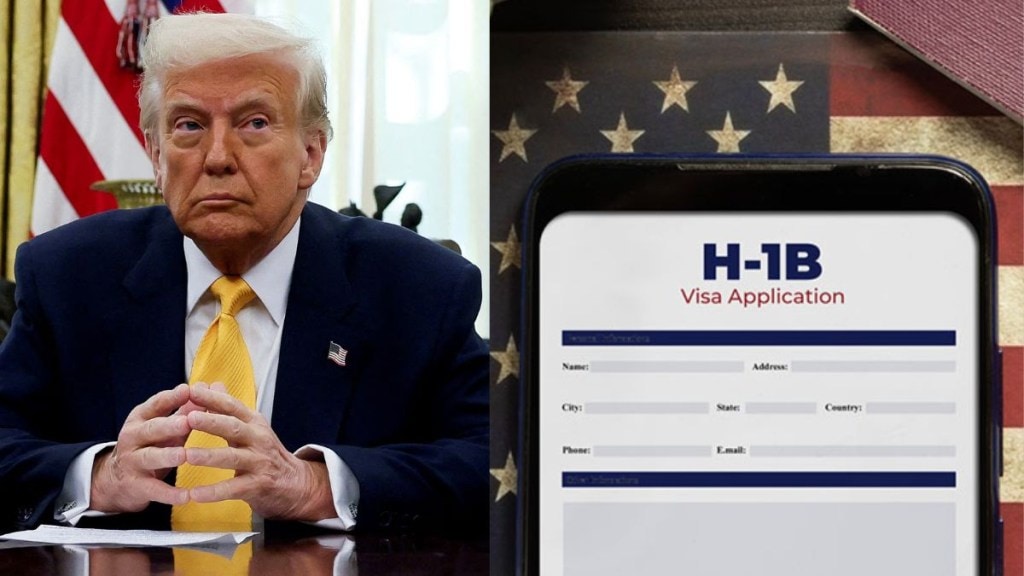The Trump administration is considering a major overhaul of the H-1B visa process. In a filing submitted to the Office of Information and Regulatory Affairs on July 17, the Department of Homeland Security (DHS) proposed implementing a “weighted selection process” for applications under the capped portion of the program. Currently, due to overwhelming demand, H-1B visas are awarded through a random lottery system.
The H-1B visa program, which is crucial for US tech companies seeking skilled foreign workers, especially from India, has been at the centre of political debate. President Donald Trump and his supporters have often criticised it, sparring with tech leaders like Elon Musk over immigration policies. Indian nationals have consistently dominated the programme, receiving 77% of the 320,000 approved visas in 2022, and 72.3% of the 386,000 issued in fiscal year 2023.
What are the proposed changes?
The proposed change would impact the 85,000 visas issued annually under the statutory cap, which includes 20,000 reserved for candidates with advanced degrees. While specific details about the weighted selection process remain unclear, the DHS confirmed that the US Citizenship and Immigration Services (USCIS) will continue overseeing the application process. Currently, the lottery system treats all applicants equally, regardless of salary, qualifications, or employer. This benefits large tech firms like Amazon, Meta, and Microsoft, which flood the system with applications, often securing a disproportionate share of visas. However, universities and research institutions remain exempt from the cap and can hire foreign talent year-round.
The idea for a weighted system gained traction after a January analysis by Jeremy L. Neufeld and the Institute for Progress (IFP). They proposed a salary-based ranking method that would prioritise higher-wage jobs. Their research found that average first-time H-1B salaries could jump from $106,000 to $172,000 under such a system, shifting the focus toward more specialised, high-skilled roles like PhD holders. This model would disrupt the current structure used by many outsourcing firms, which depend on lower-wage H-1B workers. According to the analysis, prioritising factors like salary and experience could boost the economic value of the H-1B programme by up to 88%.
“Enough is enough”
The internet quickly reacted to the post. A user noted, “With the lottery gone, IT consultants like Cognizant and Infosys find their source of labor destroyed. They used H1B for bodies and not individuals. I’d expect them to scheme to use STEM OPT or use L1 visas to bring in managers who would supervise overseas workers.”
Another stated, “It’s tragic. And they can’t tell us they are smarter than us because we’re the ones that train them and the H1B up until now was a lottery system, meaning luck was the determining factor, not skills or intelligence.” “The H1B lottery was one of the most evil things ever, it sounds like it’s on its way out at least but we must get all H1B ended,” noted a user. “H1B middleman bring cheap labour to cities. TRUMP may end H1Blottery policy. #EnoughIsEnough,” wrote a netizen. “Idk how to feel about this. I have PhD and I work in R&D in my industry. Even considering my current base salary, I’m not even at wage level 3 in my area,” added another.

